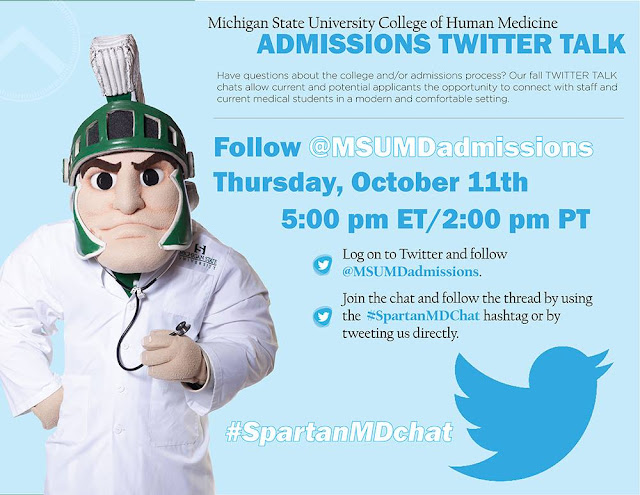Fake It Until You Make It: Stepping Out of My Comfort Zone and Overcoming "Imposter Syndrome"

I walked into the crowded school gymnasium. I didn’t know so many people even existed in my small California town. Yet, here they were, packed into bleachers. I was very aware of the fresh, minty taste in my mouth—I heard chewing gum helped calm the nerves. Suddenly, the crowd went silent. Now all I could hear was the sound of my shoes, step-by-step, as I continued to make my way up onto the stage and in front of the podium's mic. "What did I get myself into?" I thought. I had always been somewhat of an introvert. However, I desired to be more social. So what did I do? I decided to run for Class President. I had never given a speech before, let alone in front of an entire school. But here I was. They chose me. I won. After the elections, I wondered, "Now, how did I manage to pull that off?" Good question. Several years later, I watched Amy Cuddy’s TED Talk that discussed how one should “fake it until you make it.” It really resonated with




